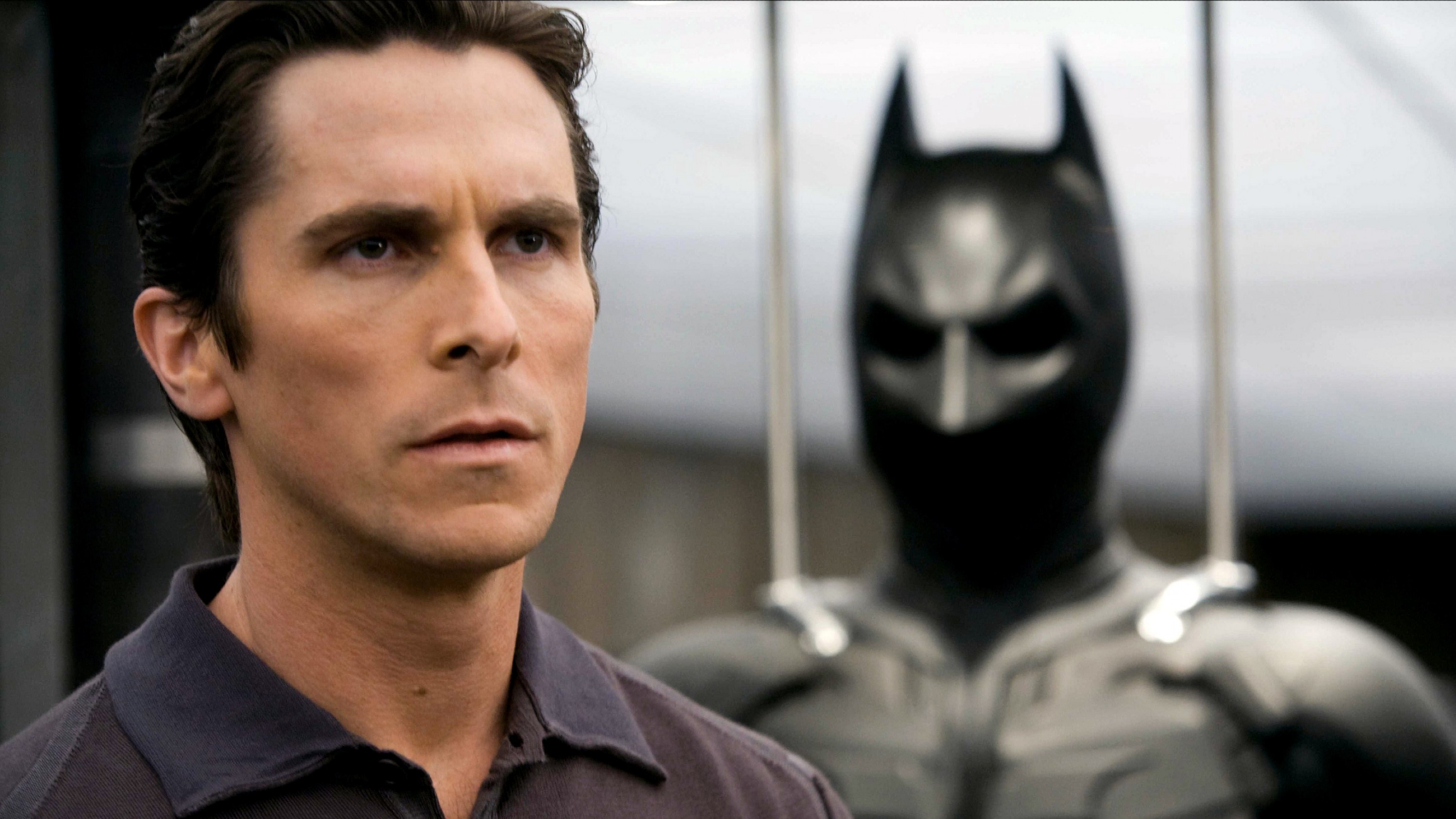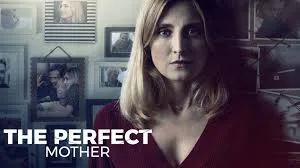Chaos, Morality, and the Superhero Film That Changed Everything
Before The Dark Knight, superhero movies were largely seen as popcorn entertainment — big-budget, colorful escapism with simple heroes and predictable villains. Then came Christopher Nolan, who, in 2008, redefined what the genre could be.
The Dark Knight is not just a Batman film. It's a crime epic, a philosophical thriller, and a moral labyrinth dressed in a cape and cowl. Sixteen years later, it remains a landmark achievement, not only within the comic book world but in the broader landscape of cinema.
Set shortly after the events of Batman Begins, the film finds Gotham City at a tipping point. With crime kingpins on the run and hope rising thanks to the efforts of Batman (Christian Bale), Commissioner Gordon (Gary Oldman), and new District Attorney Harvey Dent (Aaron Eckhart), the city seems poised for a better future.
Enter The Joker (Heath Ledger) — a man without a past, a name, or a motive beyond sheer anarchy. He isn’t after money or power. He wants to show Gotham that under pressure, everyone breaks.
As Joker manipulates events — bombing hospitals, rigging ferries, and pitting people against one another — Batman is forced into impossible moral dilemmas. His code is tested. His identity threatened. And his symbol — a beacon of justice — begins to blur.
The tragedy deepens as Dent, Gotham’s "White Knight", is broken and reborn as Two-Face, becoming the very thing he once fought.
More than any film in its genre, The Dark Knight explores ethical chaos. What happens when the rules don’t apply? When doing good means sacrificing what you believe in?
-
Batman represents order with limits.
-
The Joker represents chaos with no boundaries.
-
Dent, tragically, becomes chance — a coin flip of justice.
The film challenges the audience to ask: If we strip away security, power, and comfort — who are we? The iconic ferry scene, where civilians and criminals are given the chance to destroy each other, is a masterclass in moral tension. That neither side gives in is one of the film’s few true acts of hope.
Much has been written about Heath Ledger’s transformative turn as The Joker — and every word of praise is deserved. He doesn’t just play the role; he inhabits it.
Ledger's Joker is unpredictable, terrifying, and oddly charismatic. He licks his lips like a nervous tick, smears his makeup by hand, and delivers monologues like half-riddles, half-confessions. Whether he's crashing a mob meeting with a pencil or burning a mountain of cash, he is hypnotic.
More than just a villain, he’s a philosophical threat. He doesn’t want to kill Batman — he wants to corrupt him. And that makes him scarier than any alien invasion or superpowered enemy.
Ledger’s performance earned him a posthumous Academy Award for Best Supporting Actor, turning a comic book character into a cinematic legend.
Christopher Nolan directs The Dark Knight like it’s Heat meets Se7en — gritty, grounded, and methodical. The action is stunning but never flashy. The IMAX shots of Gotham’s skyline, the practical effects in the truck flip sequence, and the haunting silence in Joker’s monologues — all add to the film’s realism and weight.
Hans Zimmer and James Newton Howard’s score pulses beneath every scene, with the Joker’s theme — a rising string note that never resolves — creating relentless tension.
Wally Pfister’s cinematography paints Gotham as both majestic and menacing. There are no bright blues or reds here. Just shadows, steel, and fire.
-
Christian Bale gives us a brooding, complex Bruce Wayne — a man slowly losing himself behind the mask.
-
Aaron Eckhart’s Harvey Dent is a tragic powerhouse. His fall from idealism to vengeance feels earned, devastating, and inevitable.
-
Gary Oldman as Gordon is the film’s quiet MVP — the emotional core that holds everything together.
-
Michael Caine (Alfred) and Morgan Freeman (Lucius Fox) bring warmth and wisdom, acting as Batman’s conscience when he begins to waver.
Every performance serves the story — no character wasted, no line meaningless.
The success of The Dark Knight was seismic. It grossed over $1 billion, earned eight Oscar nominations, and permanently altered Hollywood’s approach to superhero stories.
It led to:
-
The Academy expanding Best Picture nominees due to its Oscar snub.
-
A darker tone across the genre (Logan, Joker, The Batman).
-
An increase in demand for practical effects and grounded narratives.
But more importantly, it reminded the world that comic book films could be art — not just spectacle.
The Dark Knight remains a near-perfect fusion of blockbuster thrills and philosophical depth. It asks hard questions and doesn’t give easy answers. It shows us a hero at war with himself and a villain who mirrors our worst instincts.
Fifteen years later, no film has quite matched its blend of intelligence, intensity, and iconic imagery.
Rating: 10/10
Verdict: A modern masterpiece that transcends genre — The Dark Knight isn’t just the best Batman film. It’s one of the best films ever made. Period.



-1751513930-q80.webp)


